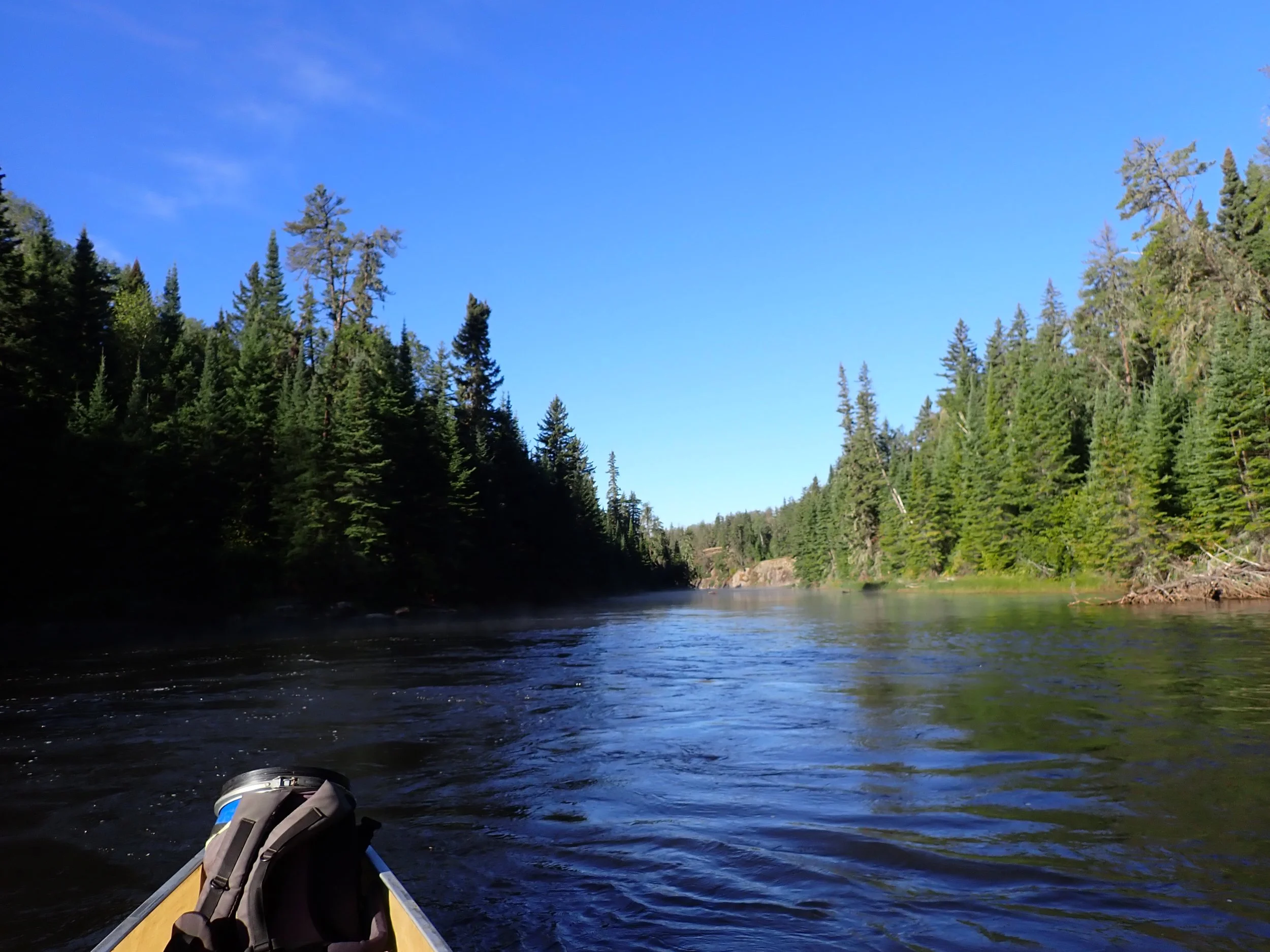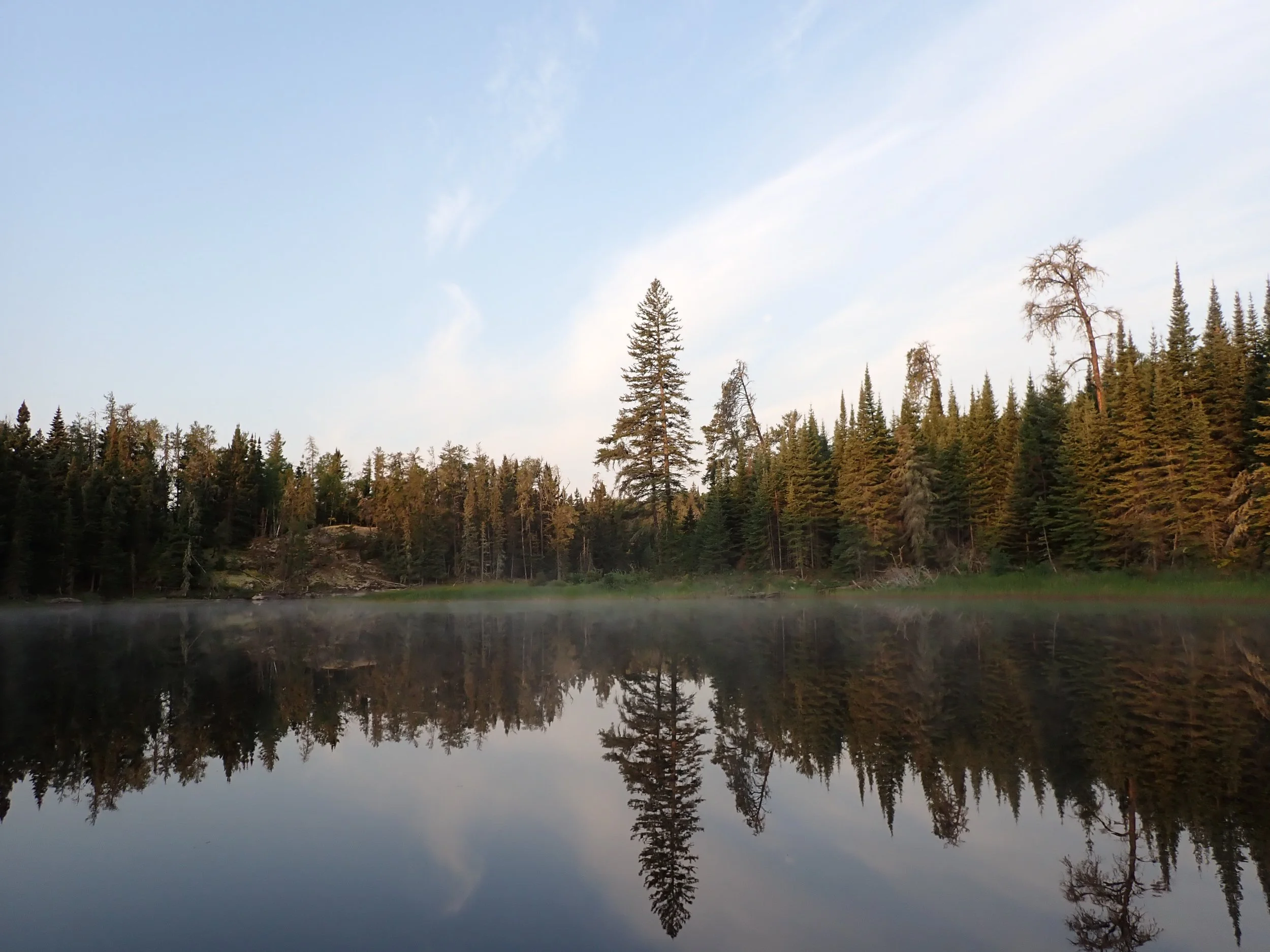
We are all treaty people.
Blair and Eric are based on ancestral lands included in Treaty One territory. Lands of the Anishinaabeg, Ininiwak, Anishininewak, Dakota-Oyate, Dene, and the national homeland of the Red River Métis. Treaties have been created with Indigenous Peoples and include past, present, and future inhabitants; we are all treaty people. We keep in our mind that the water we use each day comes from Shoal Lake and are grateful to the First Nations that care for that water. We recognize the genocide against Indigenous Peoples carried out by the Crown through the processes of colonization and the establishment of Canada. We recognize our role in Reconciliation by learning and sharing the true history of Canada’s founding, and by supporting Indigenous communities and businesses whenever possible.
All of the canoe routes in Canada pass through traditional territories of many Indigenous Nations. The majority of the portages we use today were originally established by Indigenous Peoples who continue to use them to travel, hunt, and trade across Turtle Island.
On a personal level, we work towards supporting Indigenous lead efforts to protect the land, and promote leave-no-trace practices while traveling across Turtle Island. We encourage all people who use our products to do the same.
Suggestions while traveling across Turtle Island
When planning a canoe trip, we encourage all canoeists to learn about the history of the Indigenous People of that area. Here are some suggestions when traveling across Turtle Island by canoe, and when near reserve communities.
Visiting a Reserve:
Research the Community: Learn about the area you're visiting, the nations who live there, and any treaties connected to that land.
Be aware of territorial boundaries and be sure to respect them.
Contact the Community: Get in touch with the local band office, and gain prior-permission before camping or paddling through Reserve Territory; ask what protocols to follow while on the land.
Follow local rules: Obey the rules and regulations of the Community. Some communities are dry, be sure to respect this and do not bring alcohol even for personal use.
Be mindful of others: Respect the privacy of residents, and always ask permission before taking photos.
Listen to elders: Listen attentively to elders and all community members.
Not all reserves are the same and some do not welcome tourists. Some communities offer tourism services which you should consider using while in the area.
« Aaniin! » Learn to say ‘hello’ in the local language: There are many different resources available online to help you. Be sure to write-down any basic phrases you may need.
Did we miss something?
Although we try our best, we’re always learning how to be better. Please send us any feedback on how to grow this list.

